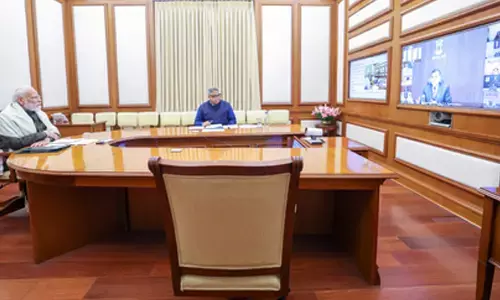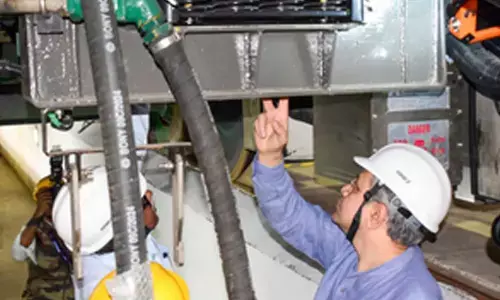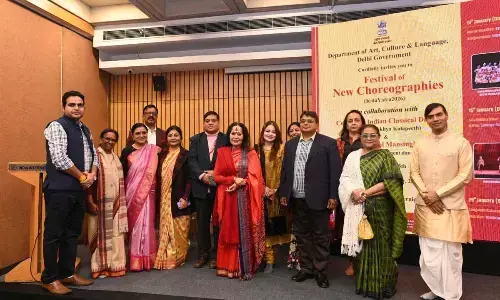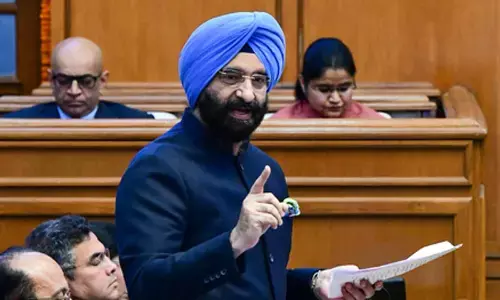Impact of specialised training of teachers in STEM, arts and languages
Share :
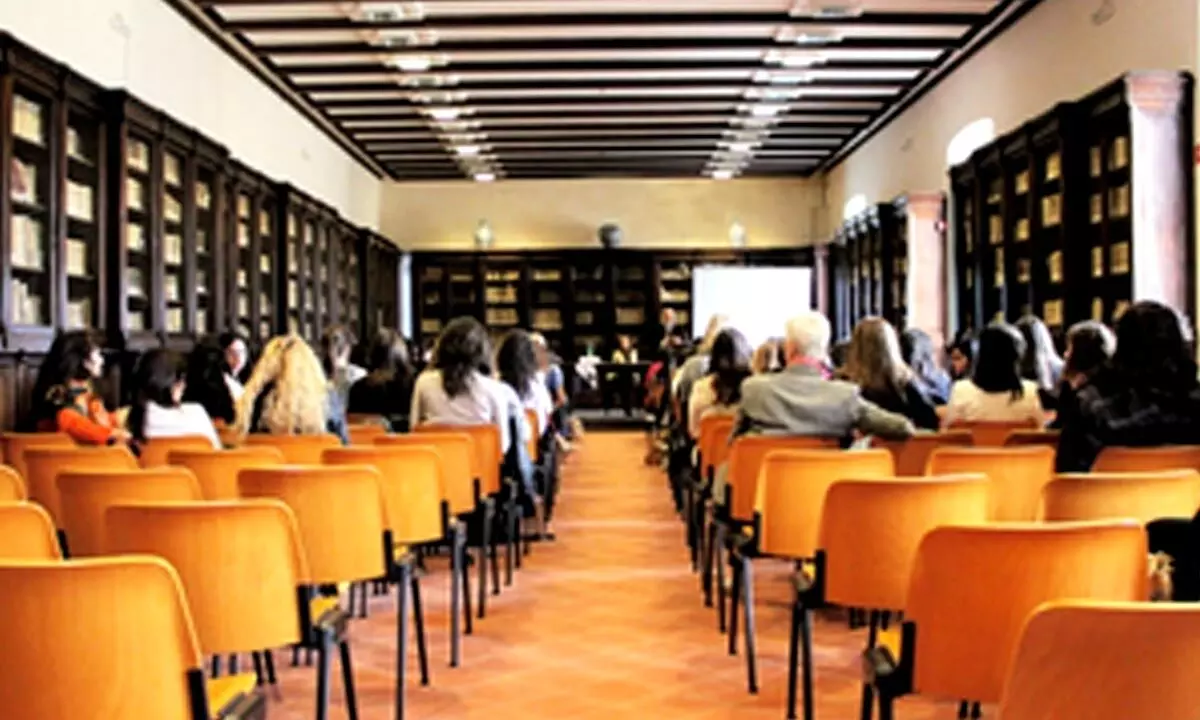
India has set an ambitious goal for the education landscape with its National Education Policy (NEP) 2020, aiming to make it more inclusive, flexible and relevant to the requirements of the digital age.
New Delhi: India has set an ambitious goal for the education landscape with its National Education Policy (NEP) 2020, aiming to make it more inclusive, flexible and relevant to the requirements of the digital age.
According to the World Economic Forum Education 4.0 India report, about 70 per cent of children in grade III do not possess essential reading and arithmetic skills.
Additionally, 68 per cent of schools in India are government-run institutions, accounting for 51 per cent of the country's teachers. The report also states that approximately 4.4 million teachers who work in government schools do not have access to computers or internet connectivity.
This, according to experts, calls for specialised teacher training programmes, especially in Science, Technology, Engineering and Mathematics (STEM), arts, and languages. These programmes are crucial in aligning with the goals of NEP 2020 and improving the overall quality of education in the country.
''STEM encompasses interconnected disciplines that play a vital role in holistic development and the cultivation of critical 21st-century abilities. While India has recognised the significance of STEM education and established guidelines for it, significant gaps in implementation persist, particularly in rural areas. As per the ASER report of 2022, there has been an improvement in access to STEM education in India,'' says Sushma Raturi, Member Secretary, Academic Council, Saamarthya Teachers Training Academy of Research (STTAR).
''The percentage of children enrolled in schools with access to STEM subjects has increased from 67.6 per cent in 2018 to 79.4 per cent in 2022. However, there are still significant disparities in access to STEM education across different regions and socioeconomic groups,'' Raturi added.
Experts said that with technology integration making significant inroads into India's education sector, updating teacher training programmes to incorporate teaching strategies focused on Education 4.0 skills is the need of the hour.
These training programmes can be designed in collaboration with the private sector and incorporate opportunities for teachers to gain practical experience in the field, the official added.
The experts also opined that STEM-focused training programmes empower teachers to embrace project-based learning and collaborative activities, aligning with NEP 2020's emphasis on experiential learning. Similarly, arts and language training programs promote interdisciplinary approaches, blending cultural perspectives and creative expression into teaching practices.
In light of India's National Education Policy 2020, which emphasises the importance of STEM education, training teachers to integrate STEAM, an educational approach that incorporates the arts into the more-familiar STEM model, is vital for enhancing instruction, promoting creativity and innovation, and preparing students for success in an increasingly interconnected and dynamic world.
The impact of specialised training programmes for teachers in subjects such as STEM, arts, and languages is significant in contributing to a well-rounded education.
Additionally, strong communication abilities and language skills are essential for fostering interdisciplinary collaboration and effectively conveying complex ideas across various fields, Raturi added.
Also, according to the experts integrating STEM and promoting collaboration among various stakeholders can create a supportive ecosystem for STEM education, preparing students for future careers and equipping them with the interdisciplinary skills needed in the modern workforce.
The Education Ministry said that NEP 2020 foresees teachers as educational leaders, underlining their crucial role in shaping the learning environment and fostering the holistic development of students.
In this regard, specialised training programmes can play a vital role in imparting teachers with the skills and confidence required to assume this leadership role.







